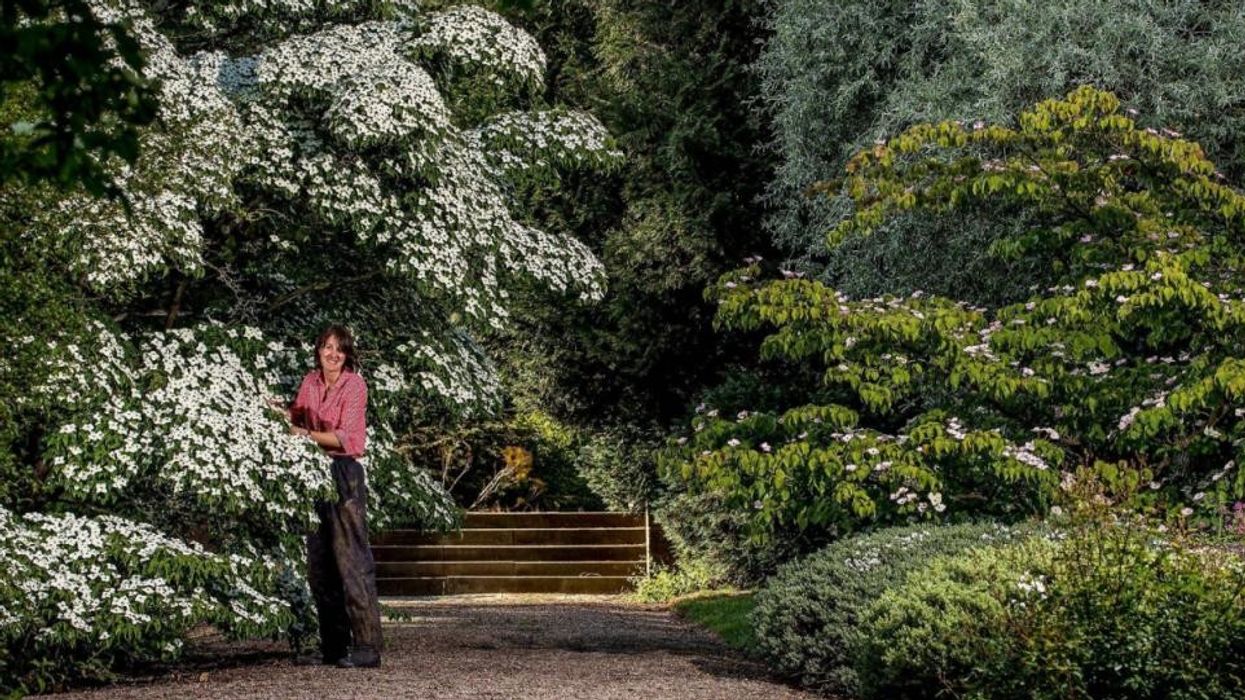Newby Hall, the historic estate in North Yorkshire, is set to make its debut at the RHS Chelsea Flower Show with a display featuring its National Plant Collection of Cornus, commonly known as flowering dogwoods.
The exhibit will showcase a variety of rare and striking Cornus trees and shrubs, highlighting the breadth and diversity of the collection. Designed by Newby Hall’s head gardener, Lawrence Wright, the woodland-themed display will be complemented by lush foliage and companion woodland planting to reflect the natural habitat of these ornamental plants.
The project is a collaboration between Wright and Newby Hall’s owners, Richard and Lucinda Compton, who have been instrumental in developing and curating the collection over many years.
Richard Compton said: “This display is a celebration of our family’s horticultural heritage and the decades of passion that have gone into building the Cornus collection. We’re thrilled Newby Hall will be showcased at RHS Chelsea and we can shine a spotlight on the beauty and diversity of these remarkable plants.”
The RHS Chelsea Flower Show, widely regarded as the most prestigious horticultural event in the UK, offers a platform for leading gardens, designers, and plant collections. Newby Hall’s appearance marks a significant moment for the estate, which is renowned for its gardens and has been featured in television series including Peaky Blinders and Victoria.
The display aims to draw attention to the importance of plant conservation and to inspire visitors with the charm and botanical richness of the Cornus species.





